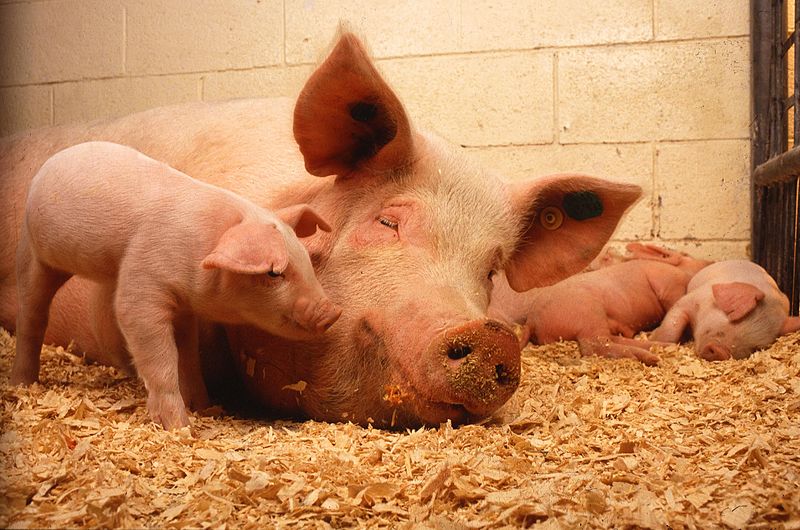According to a Centers for Disease Control and Prevention (CDC) report, one human infection with a novel influenza A virus was reported by the state of Texas. The person was infected with an influenza A (H3N2) variant (H3N2v) virus.

This H3N2v virus was detected through the Department of Defense Global, Laboratory-based Influenza Surveillance Program. The patient became ill with respiratory symptoms in February 2017, was not hospitalized, and has fully recovered from their illness.
Swine contact at an agricultural event was reported in the week preceding illness onset. This is the first H3N2v virus infection detected in the United States in 2017.
Symptoms of H3N2v infection in people are usually mild and similar to those of seasonal flu viruses, but as with seasonal flu, complications can lead to hospitalization and death. Symptoms include fever and respiratory symptoms, such as cough and runny nose, as well as body aches, nausea, vomiting, or diarrhea. Some populations are at higher risk of developing complications if they get influenza, including children younger than five years of age, people 65 years of age and older, pregnant women, and people with certain long-term health conditions like asthma, diabetes, heart disease, weakened immune systems, and neurological or neurodevelopmental conditions.
The incubation period (the time it takes from exposure to illness) for this influenza is typically similar to seasonal influenza at about two days, but may be up to 10 days. Currently, there is no vaccine for H3N2v and the seasonal flu vaccine will not protect against H3N2v. Antiviral drugs are effective in treating H3N2v virus infections. Early treatment works best and may be especially important for people with a high risk condition.
Below are some steps that you can take to protect yourself and prevent the spread of any illness:
- Anyone who is at high risk of serious flu complications and planning to attend a fair should avoid pigs and swine barns
- Do not eat or drink in livestock barns or show rings
- Don’t take toys, pacifiers, cups, baby bottles, strollers, or similar items into pig areas
- Avoid contact with pigs if you have flu-like symptoms. Wait seven days after your illness started or until you have been without fever for 24 hours without the use of fever-reducing medications, whichever is longer
- Avoid close contact with sick people
- Cover your nose and mouth with a tissue when you cough or sneeze. Throw the tissue in the trash after you use it
- Wash your hands often with soap and water. If soap and water are not available, use an alcohol-based hand rub
- Avoid touching your eyes, nose and mouth. Germs spread this way
- If you are sick, stay home from work or school until your illness is over
Related:

